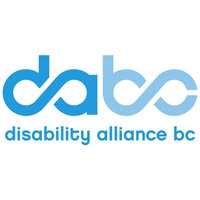Community Update: WorkBC Employment Services Centres

People who want help finding employment through WorkBC will need to contact an Employment Services Centre. The model differs from the previous system in that the Centres will provide help to people from all communities including people with disabilities, immigrants, youth, women and people receiving basic social assistance.
Please note no changes have been made to the rules about seeking employment for Persons with Disabilities (PWD) benefit recipients or for people receiving the Persons with Persistent and Multiple Barriers to Employment benefit (PPMB).
About Accessing the Centres
After April 2nd job seekers should go to the WorkBC website http://www.workbc.ca/ or phone toll-free at 1-877-952-6914 between 12:30 pm – 4:30 pm for answers to job, career or labour market questions.
To locate their local WorkBC Employment Services Centre, job seekers can go to this map: http://www.workbc.ca/workbccentres/interactive_map.htm. Please note that the phone numbers of the Centres are currently not provided on the map and need to be accessed from the various Centre’s websites or through the phone directory.
We’d Like your Feedback on the New Service Model
There is concern in the community that people with disabilities will find the new system less accessible and useful because the Service Centres are not specialized but rather provide assistance to all types of job seekers.
We’d like your feedback on how this new system is working. Please share your experience with the new system by emailing feedback@bccpd.bc.ca.




